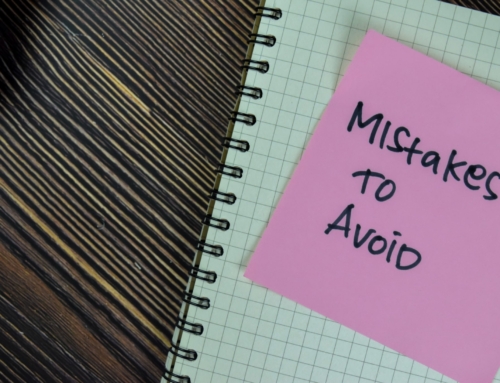If you are going through a separation, it can be an emotionally draining and mentally taxing time, including worrying about what will happen during the divorce. While the process is often complex and differs from case to case, it is good to know what to expect.
We want to debunk divorce myths to get rid of some of the confusion surrounding the process. Here are some of the most common misbeliefs about legal separations.

Do all married couples enter a court battle when they divorce?
No. While court involvement is always necessary as part of the divorce application process, any further interventions are usually only required if you are unable to agree on financial and child arrangements. There are lots of options to help prevent this from happening, including specialist advice from divorce lawyers and mediation services to assist the process.
Does blame need to be assigned to either party for a divorce?
There have been significant changes in divorce law in recent years, including the introduction of the Divorce, Dissolution and Separation Act 2020, removing the fault-based concepts of previous proceedings. No-fault divorces provide a more amicable approach to separation, negating the need to place blame on either partner, so you can apply on the sole ground of the irretrievable breakdown of the marriage. If couples agree, they can even make a joint application.
Are assets shared equally?
While some couples agree to a 50/50 split, this isn’t always appropriate, as many factors are involved in financial arrangements when divorcing. Factors considered may include the welfare of children, income and earning capacity, ongoing financial needs, the duration of the marriage, spousal age, physical and mental disabilities, and the standard of living the family has enjoyed.
Can you get a ‘quickie’ divorce?
Every case is different, but even in the most straightforward divorces, the process will take at least six to seven months to complete from start to finish. Changes to the law now mean you must wait 20 weeks after the initial divorce application to apply for a conditional order (decree nisi). However, this does give separating couples more time and space to make important decisions about property, children and other finances.
Do couples who live together have the same rights as married couples?
There is actually no such thing as ‘common law marriage’ recognised by courts in England and Wales. Cohabiting couples have fewer legal protections than those who are married. However, this does not mean you don’t have any rights, so it is important to get legal help and support. Many unmarried couples even choose to get legal advice when buying a property together or moving in with each other, drafting a cohabitation agreement to document their intentions and what should happen if they separated further down the line.
Get legal advice from a knowledgeable family lawyer
For more help and advice, get in touch with Bellwether Solicitors. We provide expert divorce services across the area, including Kingston upon Thames and Surbiton.
Contact us now on 020 3621 0111 (Cheam), 020 4535 2300 (Kingston) or email info@bellwethersolicitors.com.







